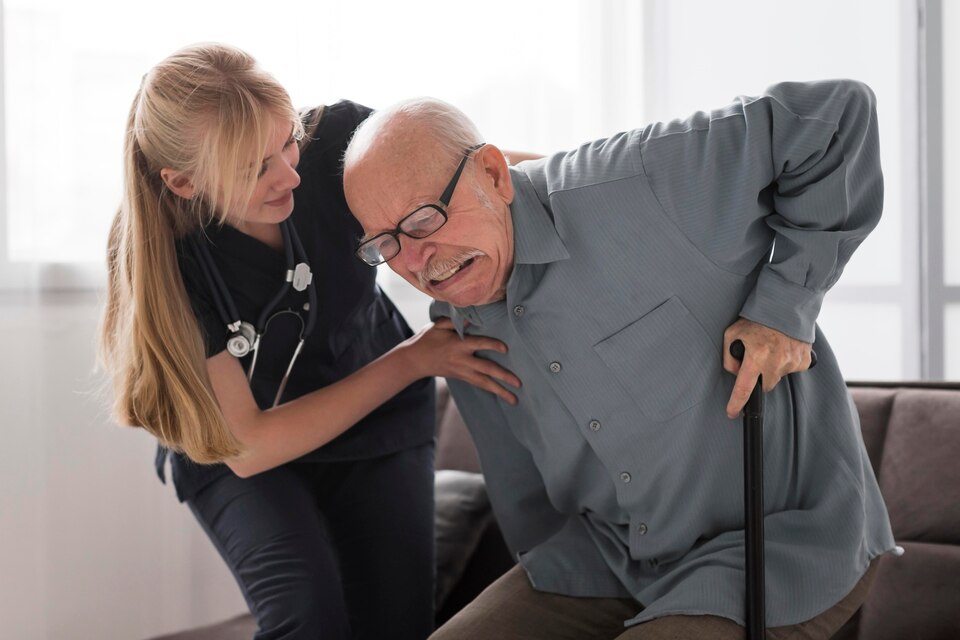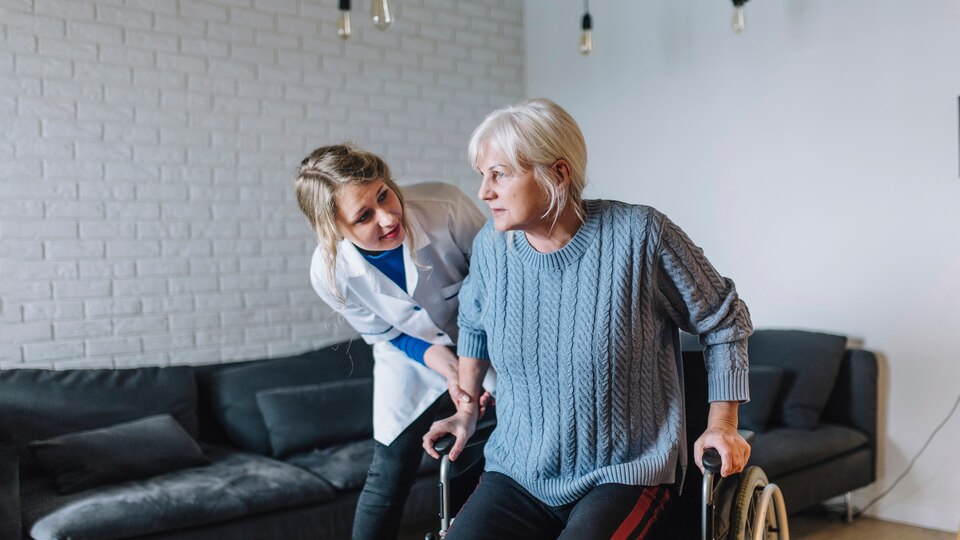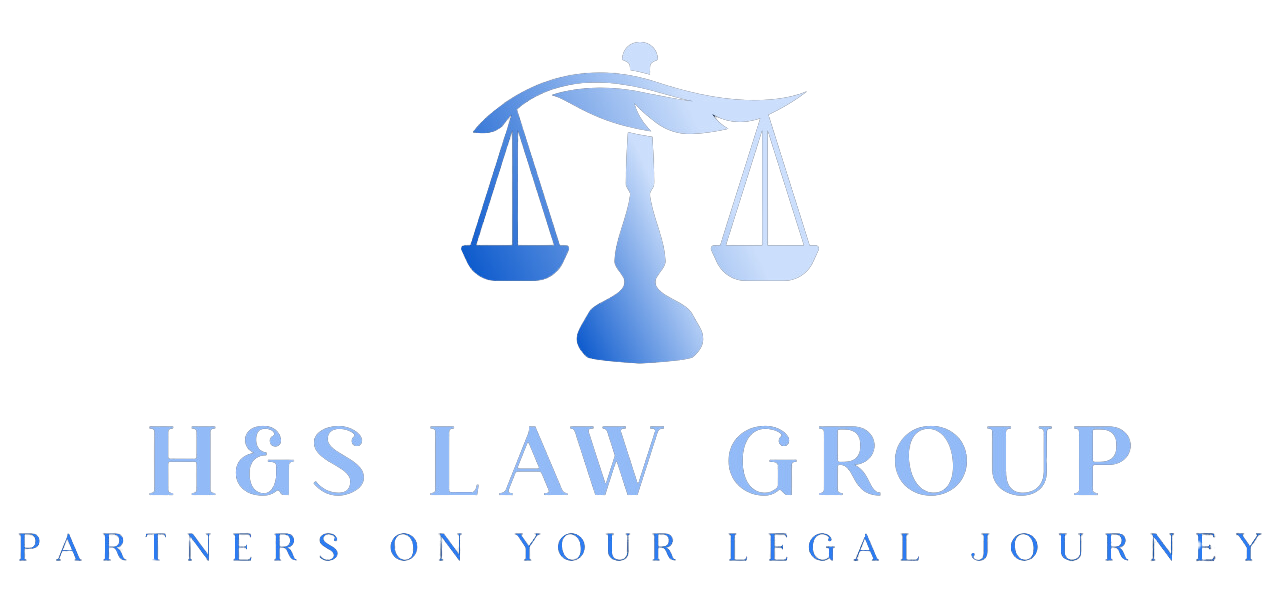
What Is Nursing Home Negligence?
Ensuring the safety and dignity of aging loved ones is one of the most important responsibilities a family undertakes. When a nursing home is chosen, families trust that trained professionals will provide attentive, compassionate, and competent care. Unfortunately, that trust is sometimes violated. Nursing home negligence is a growing concern across the country, leaving vulnerable residents at risk of physical harm, emotional trauma, and preventable medical complications.
Understanding what negligence looks like, and how it differs from abuse, is essential for protecting those who rely on long-term care facilities. At H&S Law Group, we believe informed families are empowered families. This guide explains the fundamentals of nursing home negligence, the signs to look for, and the steps to take if you suspect your loved one is at risk.
Negligence vs. Abuse: A Clear Distinction
Although the terms are sometimes used together, negligence and abuse are legally and ethically different concepts. Abuse is intentional, purposeful harm inflicted on a resident. Negligence, however, involves a failure to meet the standard of care, even if the harm was not intentional.
For example:
- A staff member who physically strikes a resident is committing abuse.
- A staff member who forgets to turn a resident in bed, causing painful bedsores, is committing negligence.
While intent separates the two, both can result in significant suffering and both are grounds for legal action. Recognizing the distinction can help families determine what type of misconduct may be occurring and what steps they should take next.
The Legal Duty: Standard of Care
Nursing homes are legally required to provide residents with a certain standard of care. This means:
- Meeting medical, nutritional, and hygiene needs
- Ensuring basic safety measures
- Providing adequate supervision
- Preventing foreseeable harm
When a facility or its staff fails to meet these obligations, they may be liable for negligence. This may stem from inadequate training, understaffing, poor management, or failure to follow established policies. Regardless of the reason, residents deserve better, and families have the right to intervene.
If you suspect abuse or negligence, contacting H&S Law Group is an imperative first step. Our nursing home attorneys are here to help you navigate the process. Contact us at (973) 200-1433 to learn more.
Common Forms of Nursing Home Negligence
Negligence can take many forms, some obvious and others far more subtle. Understanding the main categories can help families identify potential problems early.
Neglect of Basic Needs
Every resident has basic daily needs that must be consistently met. Neglect occurs when a facility fails to:
- Provide sufficient food and water
- Assist with toileting and personal hygiene
- Ensure clean clothing or bedding
- Maintain a safe and sanitary living environment
Basic needs neglect often results from understaffing. Overwhelmed caregivers may rush tasks or skip them entirely, leaving residents without essential care.
Medical Negligence
Many residents depend on nursing homes for medical monitoring and assistance. Medical negligence includes:
- Failing to administer medications correctly
- Ignoring symptoms of illness or infection
- Missing critical changes in a patient’s condition
- Neglecting wound care or post-surgical monitoring
- Allowing preventable bedsores to develop
Because residents often cannot advocate for themselves, medical negligence can quickly escalate into serious or even life-threatening harm. At H&S Law Group, our attorneys are also trained in medical malpractice. We can help you and your family get the support you need.
Neglect of Personal Safety
Safety-related negligence happens when residents are not properly supervised or when hazards in the facility go unaddressed. Common examples include:
- Frequent falls
- Unsafe wheelchair transfers
- Inadequate response to call lights
- Broken or unsafe equipment
- Failure to prevent wandering or elopement
Preventable accidents are a key red flag that a facility is not fulfilling its duty to protect residents.
Emotional and Social Neglect
Emotional well-being is just as important as physical health. Emotional or social neglect includes:
- Isolating residents or leaving them alone for long periods
- Ignoring their emotional needs
- Failing to include them in activities
- Speaking disrespectfully or dismissively
- Not allowing time for meaningful interactions
Loneliness, depression, and anxiety are common outcomes when residents are emotionally neglected.
Recognizing the Warning Signs
Nursing home negligence is not always immediately obvious, especially when staff attempt to hide or minimize problems. Families should stay vigilant and regularly observe their loved one’s condition and environment.
Physical Signs of Neglect
Physical red flags often include:
- Unexplained injuries or bruises
- Sudden weight loss or dehydration
- Bedsores or open wounds
- Poor hygiene (dirty hair, unclean nails, soiled bedding)
- Recurrent infections
- Persistent odors or signs of incontinence not properly managed
Such signs usually indicate that the resident’s daily needs are not being met.
Behavioral and Emotional Signs
Changes in mood or behavior can speak volumes. Warning signs may include:
- Withdrawal or uncharacteristic quietness
- Fear of certain staff members
- Agitation, anxiety, or depression
- Reluctance to talk about daily care
- Sudden confusion or cognitive decline
A resident who appears fearful or distressed may be experiencing neglect, or may be trying to communicate that something is wrong. Don’t wait to contact a personal injury attorney if you are seeing these signs.
Environmental Red Flags
The condition of the facility itself can reveal whether proper care is being provided. Watch for:
- Dirty or cluttered rooms
- Strong odors
- Poor lighting or unsafe hallways
- Unavailable staff or long wait times for assistance
- Disorganized medication carts or charts
- Lack of activities or engagement opportunities
A poorly maintained environment often reflects deeper management and staffing issues.
What to Do if You Suspect Negligence
Acting quickly can protect your loved one from further harm. Here are the steps families should take if they suspect negligence in a nursing home.
Document Everything
Record as much as possible, including:
- Dates and descriptions of incidents
- Photos of injuries or unsafe conditions
- Names of involved staff members
- Notes from conversations with administrators
- Changes in the resident’s condition
Documentation strengthens your ability to advocate effectively and supports any legal claims that may arise.
Communicate With Management
Raise concerns with the facility administration or nursing supervisor. Ask direct questions about:
- Staffing levels
- Care plans
- Incident explanations
- Corrective actions
Document these conversations as well. If the facility seems evasive, defensive, or dismissive, it may be a sign of deeper problems.
Contact Official Channels
If the situation does not improve, or if the resident is in immediate danger, report the issue. Depending on your location, this may include:
- State health departments
- Long-term care ombudsman offices
- Adult protective services
- Licensing agencies
These organizations can investigate and ensure the facility follows regulatory standards.
Seek Legal Advice
Nursing home negligence cases can be complex, involving medical records, regulatory compliance issues, and liability questions. An experienced attorney can:
- Evaluate the strength of your case
- Guide you through reporting and investigation
- Help secure compensation for injuries or losses
- Hold negligent facilities accountable
At H&S Law Group, we are committed to protecting vulnerable residents and standing up for families when nursing homes fail in their responsibilities. We can help you sue if your loved one is experiencing neglect.

What Is Nursing Home Negligence?
Nursing home negligence is a painful failure to provide the care that our elderly family members deserve. It stems from carelessness, understaffing, or poor management. Knowing the types of neglect and recognizing the physical and emotional signs is the best way to protect your loved one. Trust your instincts. If you see something wrong, document it, report it, and seek help. Your voice is your loved one’s strongest defense. Visit H&S Law Group today to review your case. We are located at 1719 NJ-10 Suite 224, Parsippany-Troy Hills, NJ 07054.
